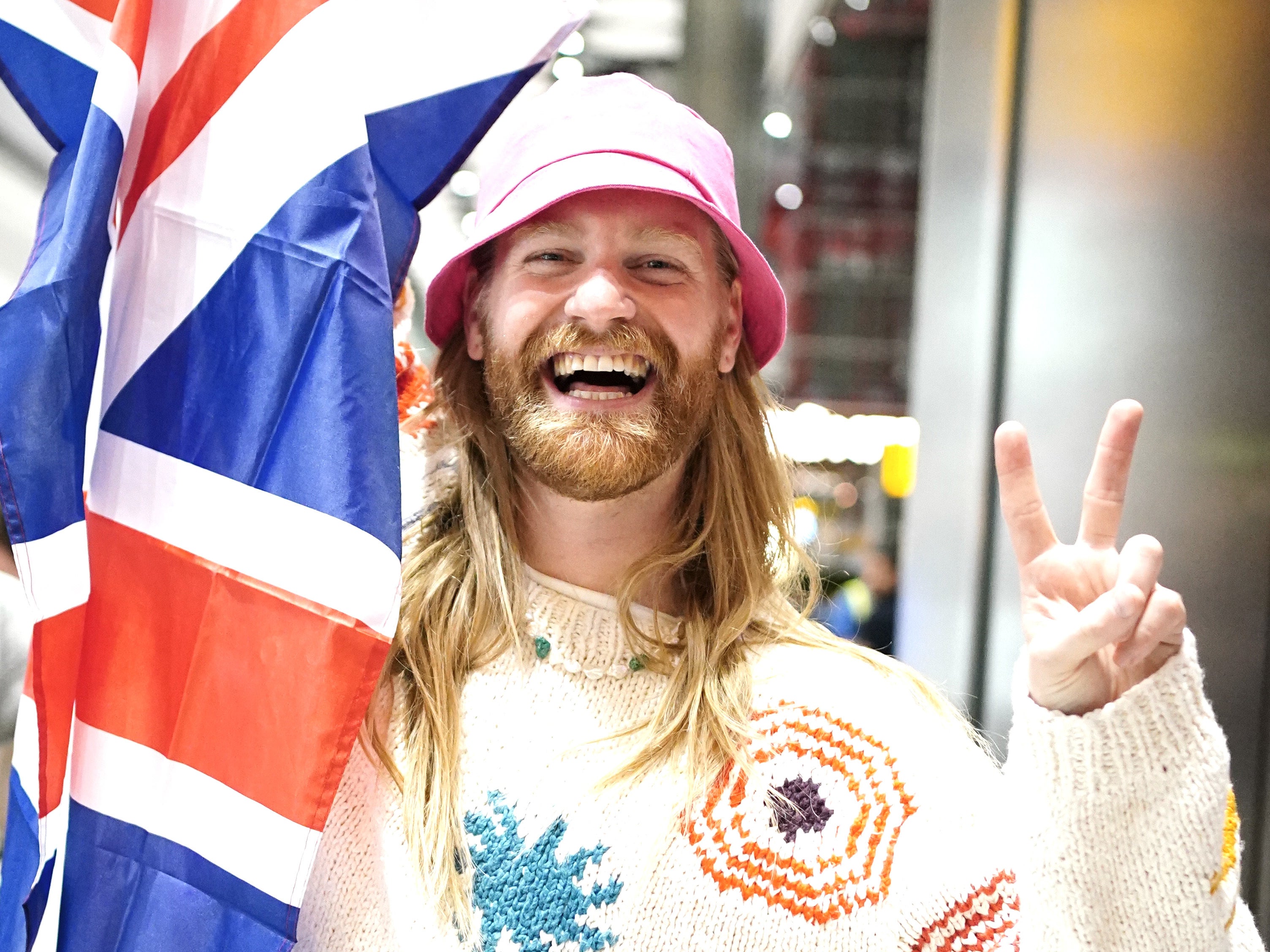Liverpool and Glasgow remain in competition to host Eurovision Song Contest 2023
The final city will be crowned host of the 67th Eurovision Song Contest.

Your support helps us to tell the story
From reproductive rights to climate change to Big Tech, The Independent is on the ground when the story is developing. Whether it's investigating the financials of Elon Musk's pro-Trump PAC or producing our latest documentary, 'The A Word', which shines a light on the American women fighting for reproductive rights, we know how important it is to parse out the facts from the messaging.
At such a critical moment in US history, we need reporters on the ground. Your donation allows us to keep sending journalists to speak to both sides of the story.
The Independent is trusted by Americans across the entire political spectrum. And unlike many other quality news outlets, we choose not to lock Americans out of our reporting and analysis with paywalls. We believe quality journalism should be available to everyone, paid for by those who can afford it.
Your support makes all the difference.Liverpool and Glasgow are the two cities which remain in the competition to host the 2023 Eurovision Song Contest, the BBC has announced.
They have been selected after Birmingham, Leeds, Newcastle, Sheffield and Manchester were removed from contention to host the music event in place of Ukraine.
Announcing the news, Phil Harrold, the chairman of the BBC’s host city selection committee, said: “Thanks to all seven cities across the UK who have demonstrated the enthusiasm and passion for Eurovision that exists right across the UK.
“We were incredibly impressed by the quality and creativity of all the city bids in what was a highly competitive field.
“The Eurovision Song Contest is a very complex event and Liverpool and Glasgow have the strongest overall offer; we will continue our discussions with them to determine the eventual host city.
“We are determined to make the 2023 Eurovision Song Contest one that both reflects the winning position of Ukraine and is also an event that all of the UK can participate in.”
Ukrainian entry Kalush Orchestra triumphed at the 2022 competition in Turin, Italy, but the European Broadcasting Union (EBU), which produces the annual event, decided the show cannot be safely held in the country following Russia’s invasion.
Either Liverpool or Glasgow will host the 67th Eurovision Song Contest after the UK was given the chance to host the event for the ninth time – more than any other country – after Sam Ryder came second in the competition.
Further discussions will now take place with officials from Glasgow and Liverpool and the host city will be announced “within weeks”, the BBC have said, with the final decision a matter for the BBC in conjunction with the EBU.
In August a list narrowed down from 20 UK cities who initially submitted an “expression of interest” was released by the BBC, with applicants across all four regions demonstrating how they would reflect Ukrainian culture, music and communities.
Of the seven cities named in August, six were in England, one in Scotland, with Belfast failing to make the cut for Northern Ireland.
Requirements included “a suitable venue and sufficient space to deliver the requirements of the Song Contest”, necessary commitment to the contest including a financial contribution, and “alignment with the BBC’s strategic priorities as a public service broadcaster”.
Liverpool, which has been a Unesco City of Music since 2015, is synonymous with The Beatles and has a rich music heritage.
In June Mayor of Liverpool Joanne Anderson said: “Culture is synonymous with Liverpool and we tick all the boxes to be next year’s host, great venues, enviable experience, a world-renowned music heritage, Unesco City of Music status and of course the warm Scouse welcome that just can’t be beaten.”
In 2008 Liverpool hosted the MTV Europe Music Awards and it is also home to the Royal Liverpool Philharmonic Orchestra.
Scotland’s First Minister Nicola Sturgeon also previously voiced her support for Glasgow as the home of the contest in June, with the OVO Hydro arena, which features in the Netflix film Eurovision Song Contest: The Story of Fire Saga, in the city previously rumoured to be a favourite location to host the contest for the UK.
Scottish singer Lulu represented Britain at the Eurovision Song Contest in 1969, with song Boom Bang-A-Bang. She was the joint winner that year as she shared the prize with France, Netherlands and Spain with 18 points apiece.